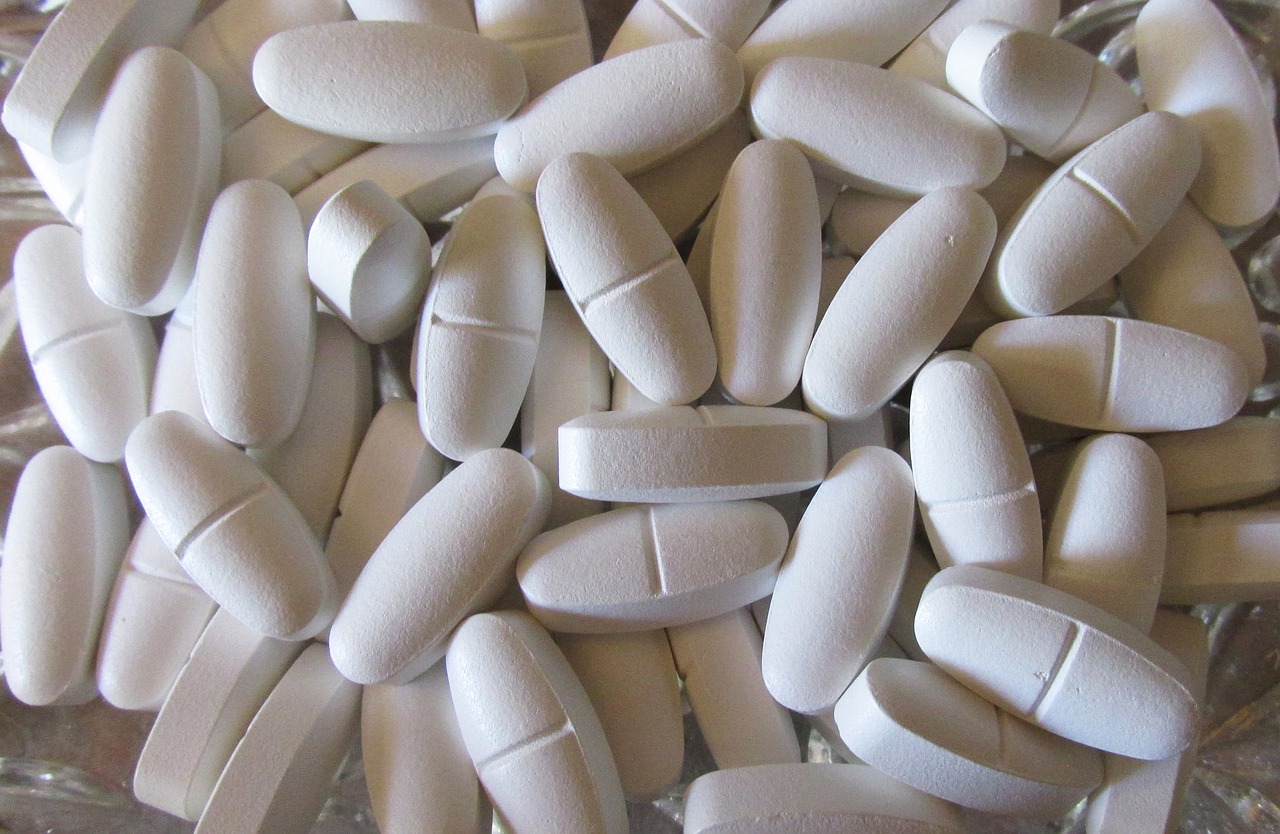Chronic kidney disease (CKD) is caused by a variety of medical problems that affect the kidneys’ ability to remove water and waste from the blood. Each type of kidney disease affects the kidneys and body differently. Diagnosis, treatment, and management of kidney disease can vary greatly depending on the specific disease.
Atypical hemolytic uremic syndrome (aHUS)
Atypical hemolytic uremic syndrome (aHUS) is a very rare genetic disease that causes tiny blood clots to form in blood vessels, blocking blood flow to important organs. aHUS can cause kidney failure, heart failure, and other serious medical problems. Although there is no known cure for aHUS, it can be treated.
Alport syndrome
Alport syndrome is a genetic disorder that can cause problems with the kidneys, ears, and eyes, and often leads to kidney disease. It most commonly appears as blood in the urine, progresses to chronic kidney disease, and can eventually cause kidney failure, especially in men. Although there is no cure, treatments such as ACE inhibitors and ARBs can prolong kidney function, and kidney transplantation is an effective option in cases of kidney failure.
Amyloidosis
Amyloidosis is a disorder in which abnormal proteins called amyloid build up in organs and tissues, often in the kidneys, heart, brain, liver, and intestines. It usually occurs in two renal forms: primary amyloidosis, of unknown cause; and dialysis-associated amyloidosis, which occurs in patients who have been on dialysis for some time. Treatments range from chemotherapy and stem cell transplantation for primary amyloidosis to optimized dialysis methods and kidney transplantation for dialysis-associated amyloidosis.
APOL1-mediated kidney disease
Learn about the APOL1 gene variation, which increases the risk of kidney disease in people of Central and West African descent, such as some people who identify as Black, African American, Afro-Caribbean, or Latino.
Cardiovascular-renal-metabolic syndrome (CRM)
Learn about cardiovascular-renal-metabolic syndrome (CRM), its risk factors, and the links between heart failure, kidney disease, type 2 diabetes, and obesity.
Complement factor 3 (GC3) glomerulopathy
Complement factor 3 glomerulopathy is a disease that affects kidney function. It causes damage to kidney structures called glomeruli, which help the kidneys purify the blood and remove toxins from it.
The cystinosis
Cystinosis is a rare disorder in which a natural chemical called cystine builds up in the body and causes medical problems. Kidney damage caused by cystinosis can lead to kidney failure. People with cystinosis need to take medication to lower the amount of cystine and may need a kidney transplant. Cystinosis is a genetic (inherited) disorder and is almost always diagnosed in young infants.
Fabry disease
Fabry disease is a rare genetic disorder that can be passed down from a parent to a child. It is hereditary, which is why it is common for multiple family members to have it. The most recent reports estimate that there is about 1 case of Fabry disease per 40,000 men and 1 case per 20,000 women.
Focal segmental glomerulosclerosis (FSG)
Focal segmental glomerulosclerosis (FSGS) is a rare type of kidney disease that causes sclerosis (fibrous, scar-like tissue) of the filters in the kidneys. FSGS can make it harder for the kidneys to clear waste, which can lead to kidney failure, also known as end stage renal disease (ESRD).
Glomerulonephritis (glomerular disease)
The kidneys contain more than a million glomeruli, which are tiny filters that filter waste and remove water from the blood. If something damages the glomeruli (a condition called glomerulonephritis ), they can’t do their job as well. If left untreated, glomerulonephritis can lead to serious kidney problems and even kidney failure.
Goodpasture syndrome
Goodpasture syndrome is a rare disorder that affects the lungs and kidneys, resulting in symptoms such as cough, shortness of breath, and blood in the urine. It occurs when the immune system mistakenly attacks these organs, which can eventually cause chronic kidney disease or lung damage. Treatment usually involves immunosuppressants and plasmapheresis. In severe cases, dialysis or a kidney transplant may be necessary.
Granulomatosis with polyangiitis (GPA)
Granulomatosis with polyangiitis is a rare blood vessel disease that can damage the lungs, kidneys and other parts of the body by reducing the amount of blood that reaches them. It can get worse quickly and it is important to treat it promptly to prevent permanent organ damage, such as kidney failure.
Hemolytic uremic syndrome (HUS)
Hemolytic uremic syndrome (HUS) is a disorder in which red blood cells are destroyed, causing the filters in the kidneys to become blocked, often as a result of infection by E. coli, other bacteria and viruses, certain medications, or genetic factors. It usually appears suddenly in children. Treatment is crucial, and prevention of HUS involves maintaining hygiene and safe food handling to reduce the risk of E. coli infection.
Henoch-Schönlein purpura (HSP)
Henoch-Schönlein purpura (HSP) is a disorder that causes inflammation of small blood vessels, resulting in a noticeable rash, belly pain, and arthritis, and mostly affects children. Although there is no cure, treatment focuses on relieving symptoms. Most people recover completely, but it can sometimes cause chronic kidney problems.
IgA nephropathy
IgA nephropathy is a rare disease that causes kidney disease when the immune system produces antibodies in the kidneys. This triggers harmful inflammation in the kidneys. Inflammation is the body’s natural response to injury and infection. This process decreases the kidneys’ ability to remove waste and water from the blood. There is no cure for IgA nephropathy, but treatments can slow kidney damage.
Interstitial nephritis
Interstitial nephritis is a kidney disease that reduces the kidneys’ ability to cleanse the blood and produce urine (pee). It is usually caused by a reaction to a medication that the person is taking, and stopping the medication resolves the problem.
Lupus nephritis
Lupus is an autoimmune disease. Autoimmune diseases cause our immune system to attack our own healthy cells. Lupus can affect many parts of the body. When lupus attacks the kidneys, the disease is called lupus nephritis.
Minimal change disease
Minimal change disease (MCD) is a disorder that damages the tiny blood vessels in the kidneys, which can impair kidney function. It is more common in children than in adults. Doctors can manage or cure MCD with the right treatment.
Polycystic kidney disease
Polycystic kidney disease (PKD) is a genetic (i.e., inherited) disorder that causes cysts (fluid-filled masses) to form in the kidneys and other organs. These cysts can decrease the kidneys’ ability to remove waste and water from the blood. Over time, PKD can lead to kidney failure. There is no cure for PKD, but treatments can slow the growth of cysts and prevent PKD symptoms from causing medical problems.
Primary hyperoxaluria and oxalate
Primary hyperoxaluria is a rare liver disease. The liver is an organ that converts everything we eat and drink into nutrients and removes toxins. When a person has primary hyperoxaluria, the liver does not make enough of a certain protein that prevents oxalate (a natural chemical in the body) from building up in the body. Oxalate builds up in the kidneys and causes kidney stones and kidney damage.
Thrombotic thrombocytopenic purpura (TTP)
Thrombotic thrombocytopenic purpura (TTP) is a rare blood disorder characterized by excessive clotting in blood vessels, leading to organ damage and bruising of the skin. Treatment, often based on plasma therapies, helps control symptoms and clot formation, but there is no cure.
Vasculitis
Vasculitis is a group of autoimmune diseases that cause inflammation of blood vessels. There are more than 20 different types of vasculitis. Each type affects different parts of the body depending on which blood vessels become inflamed and damaged. Some types of vasculitis, called renal vasculitis, tend to affect the kidneys.
For Any Of The Following Conditions
Contact Us: +91 9266782222
+91 9711224402








